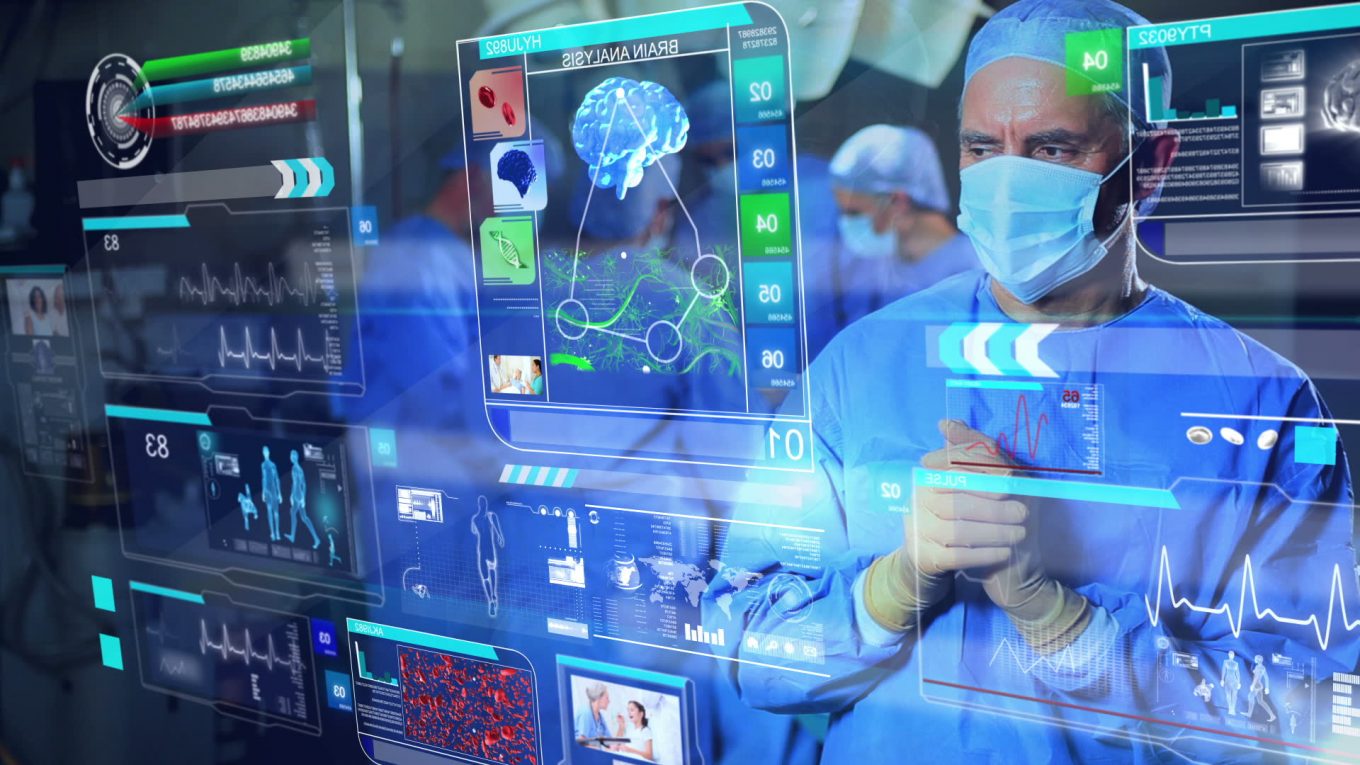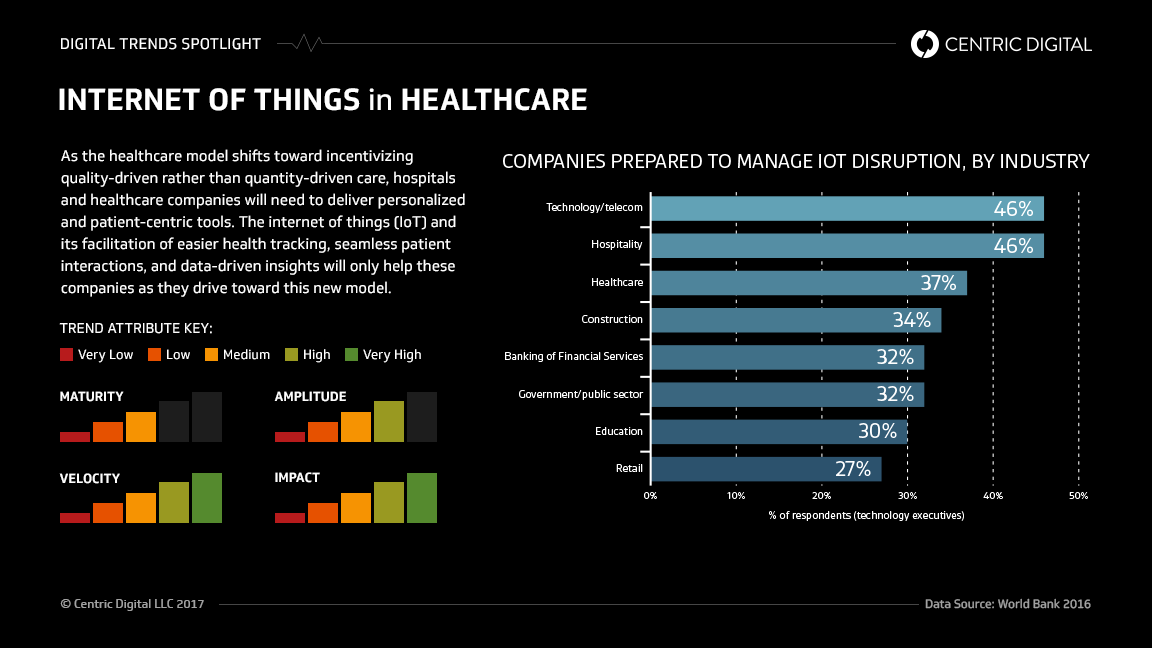
The Internet of Things (IoT) has come a long way in recent years and is well integrated within multiple industries, including the healthcare space. The continuous implementation of IoT within healthcare will expedite productivity and analysis of data, which will in turn improve patient outcomes, says leading data and analytics company GlobalData.
The IoT is described as a network of physical devices that uses connectivity to enable the exchange of data and streamline processes to complete tasks in a timely manner. If completed, IoT could allow “billions” of connections simultaneously, based on 4 major components.
On the first hand, there are the people: people will become an important part of the Internet of Things in this way, providing feedback to the Internet. Data: Naturally, data is another necessary component of the Internet of Things. This data will be gathered and streamed to a central source, and will later become information rather than just raw data. This will allow for more intelligent decision making in the future. Things: The third component is things, such as sensors, consumer devices and others that will be able to sense data and become aware of their context. These will be able to transmit data as a part of the Internet of Things. And at last, Processes: None of this will happen without the fourth component of processes which will help these other components interact with one another to deliver value. All of these 4 components can be used, of course, in healthcare innovation.
At present, most tech devices come with some form of connectivity functionality, from wearables such as biosensors to X-ray machines with Wi-Fi or Bluetooth. IoT-enabled medical devices provide critical data that assist health practitioners perform their jobs.
Atif Nawaz, Medical Devices Analyst at GlobalData, says: “IoT in healthcare facilitates mundane albeit important tasks to improve patient outcomes, and also takes some of the burden off of health practitioners. Tasks such as remote patient monitoring, treatment progress observation and the housing of vaccines are all capabilities of medical devices with integrated IoT.”

One good example of the IoT being used in healthcare is the Kinect HoloLens Assisted Rehabilitation Experience (KHARE) platform, which was created by Microsoft Enterprise Services in conjunction with the National Institute for Insurance Against Accidents at Work (INAIL) for mirror neuron therapy.
The KHARE platform connects to Microsoft’s Azure IoT Suite. KHARE allows physicians to see data from a 30 minute physical therapy session regardless of the location. It is currently undergoing a clinical study that is scheduled to end in January 2020.
Another example is the Smart Fridge by Weka for vaccines, which addresses mainstay issues in vaccine management such as storing vaccines at the correct temperature and automated inventory management services. The Smart Fridge streamlines the process of interacting with vaccines and allows the data to be analyzed to create better vaccine programs, especially in high-risk rural areas.
Not only are the IoT devices themselves important, the aspect of analysing data is a secondary benefit that they offer. Thus, IoT data analysis platforms such as Kaa (KaaIoT Technologies), MindSphere (Siemens), and Azure (Microsoft) allow data to be collated from IoT devices to draw meaningful actionable trends.
Nawaz concludes: “IoT has come a long way in recent years and is well integrated within multiple industries, including the healthcare space. The continued implementation of IoT within healthcare will lead to a drastic increase in productivity and analysis of data. Advancements in technology in regard to medical devices will improve patient outcomes with better analytics, and GlobalData believes the IoT will expedite this process.”

Founder Dinis Guarda
IntelligentHQ Your New Business Network.
IntelligentHQ is a Business network and an expert source for finance, capital markets and intelligence for thousands of global business professionals, startups, and companies.
We exist at the point of intersection between technology, social media, finance and innovation.
IntelligentHQ leverages innovation and scale of social digital technology, analytics, news, and distribution to create an unparalleled, full digital medium and social business networks spectrum.
IntelligentHQ is working hard, to become a trusted, and indispensable source of business news and analytics, within financial services and its associated supply chains and ecosystems












